Okay, so this may not be a post on nutrition – or anything remotely food related. But, we feel that the topic of this post is equally as important in fostering an over-all sense of well-being.
Gratitude.
How often do you stop just to say, “thanks?” You may not be thanking anyone – or anything – in particular, but the simple act of pausing to take a moment to give thanks for all the ‘blessings’ that your life contains can be powerful.
We don’t mean the sort of ‘thanks’ you give to a check-out operator or a salesperson who was particularly helpful. Often these words of thanks are given without thought, and are a matter of habit – they’re just words you say when you’re leaving or saying goodbye. We’re talking about taking a matter of seconds, minutes – or even hours – to be still. To recognise the richness and fullness of your life, of your surroundings, and of the things that connect you to all of them.
Many of us are so focussed on the acquisition of ‘things’ or ‘wealth’ that we actually don’t realise just how much we already have in our lives. It’s not entirely our fault – we’re a consumer nation driven by the media and our overseas neighbours to simply want MORE – we never, ever can have enough. We’re constantly upgrading phones that work perfectly well, working longer hours (read: sacrificing time with friends and family) in order to earn a bigger salary, so that we can afford the latest and greatest gadgets.
It seems like research would even suggest that the more gratitude we feel, the happier, healthier, and more well-adjusted we are. This study suggests that participants who focused on things they were grateful for as opposed to hassles in their daily life had a higher over-all sense of well-being than those who were instructed to journal about the low points in their day (the ‘hassles’). The same study also suggested that the people who felt the most gratitude had the lowest levels of illness, and were more inclined to exercise. Win-win!
Yet another study suggests that people who experience more gratitude sleep better. This study suggest participants who experienced the most gratitude also reported the best sleep quality, and longer sleep duration. We know without a shadow of a doubt how important sleep is to your overall health and well-being – everything from immunity, to recovery, and repair. The researchers noted ‘pre-sleep cognitions.’ Seems like a win for writing in a gratitude journal each night before going to sleep!
Gratitude is like a muscle – the more you use it, the stronger it gets. Look at practicing gratitude as a form of self-care. Just stopping to feel grateful for the blessings you have can enhance your mood, give you greater job satisfaction, greater satisfaction in relationships, and – best of all – it seems to be contagious. When you practice gratitude, it influences other people’s thoughts, feelings, and moods, and they’re more likely to perform ‘random acts of kindness.’ Sounds pretty amazing, right? Imagine what the world would be like if we all just stopped and said, ‘thanks.’
If you’re struggling to think of ways to feel gratitude, or to practice gratitude, here are some quick tips to get you started:
Keep a gratitude journal.
This doesn’t have to be anything fancy or complicated. Simply write down anything from one, to as many things as you can think of, that you are grateful for every day. Try doing it before bed for that added effect on sleep.Get out in nature.
It’s almost impossible to be in a beautiful space outdoors and not feel a sense of awe and connection. As human-beings, we’re hard-wired to connect with nature. Find a beautiful park, go for a hike, to the beach, or to a space with a beautiful view. Sit in silence with no noise (I’m looking at you, Facebook), and spend a few minutes just ‘being.’Get the kids involved.
If you have flatmates or children (or even just a spouse or significant other), ask them at the end of each day what the best part of their day was. They may have to think about it, but that’s okay!
The more you take the time to pause, and simply recognise the things in your life you DO have (children, a spouse, your health, the ability to call the country you live in home), rather than the ones you DON’T have (the latest iPhone, the fanciest car, the ‘perfect’ thighs), the easier it becomes to recognise just how rich and full your life really is.
I don’t know about you, but when I feel that my life is rich - and I feel gratitude for my friends and family – I want to be better for them. I want to be even happier, healthier, and more enthusiastic. I’m more likely to stick to healthy practices, and do things that nourish me, create excitement and make me feel alive, rather than that withdraw from my energy bank. Feeling and expressing gratitude just makes me a better human being to be around, and this feeds into all areas of my life. I believe it can do the same for you, too.
It can:
Make you a better mother/daughter/sister/father/son/brother/friend, etc.
It can make you a more engaged employee, and a better worker
It helps you to be a more caring and compassionate member of society
Gratitude is a matter of attitude.
Thanks, from Team Feel Fresh Nutrition
Image: @jeremycai

